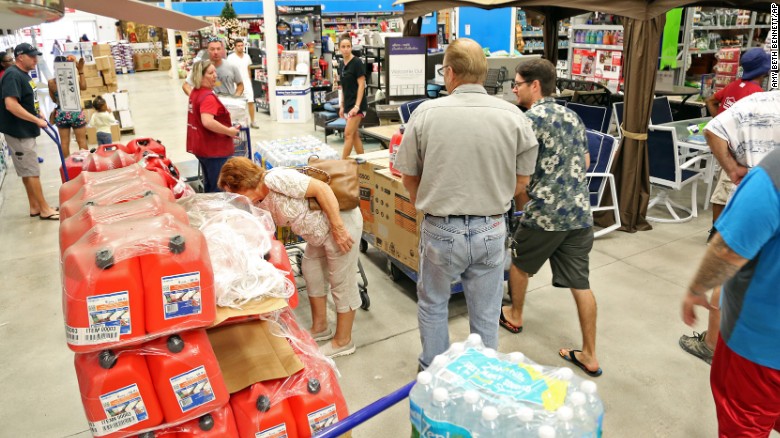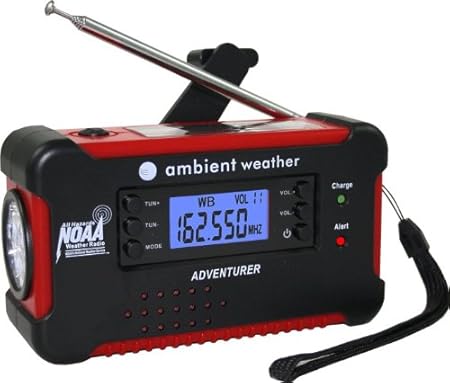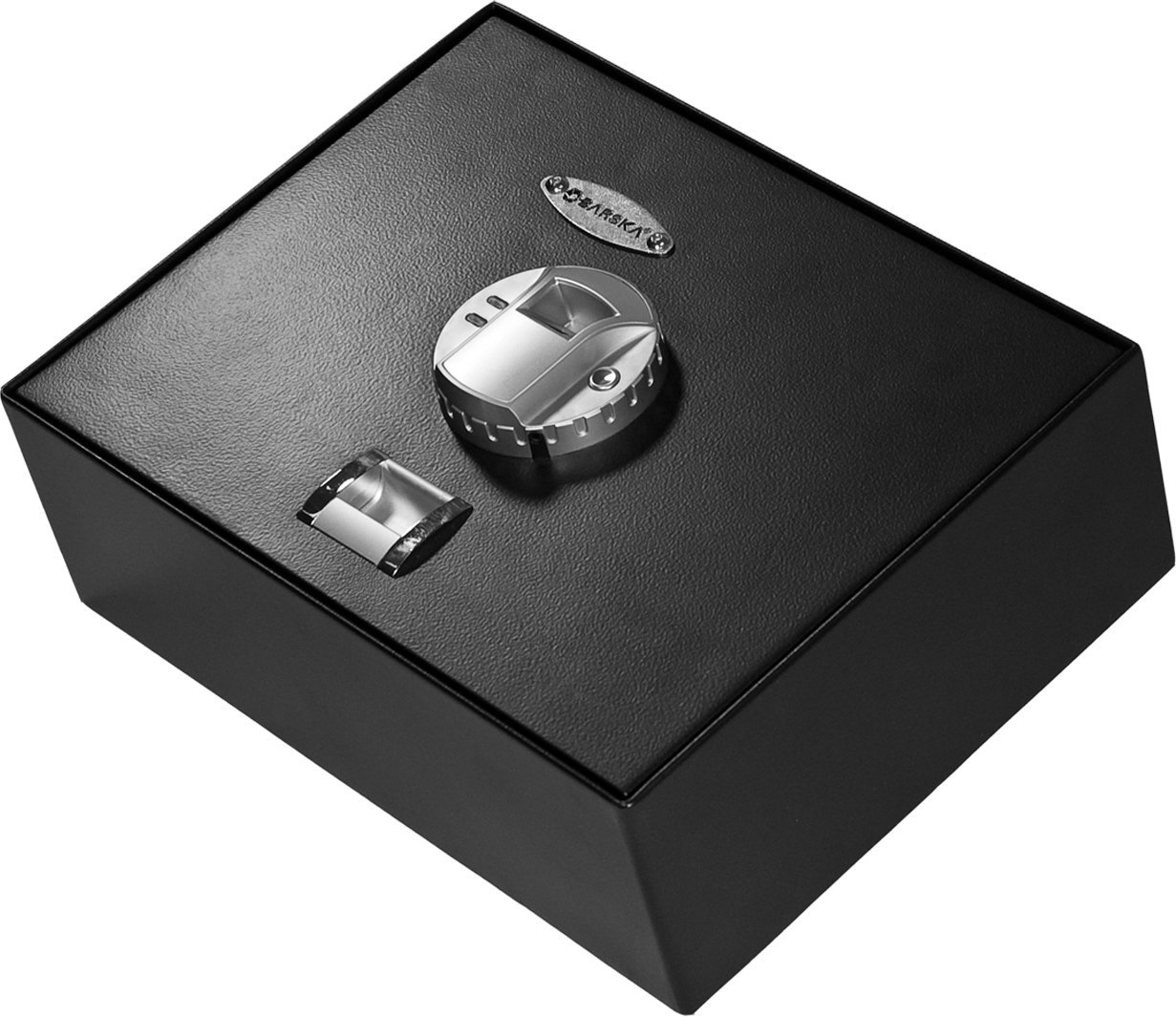
1) This is why we prepare. We prepare because it allows us to better overcome these challenges in life, some more unexpected than others. Sometimes being prepared means we deal better with less serious inconveniences and we end up looking like the “handy” guy in the group. Sometimes it’s a serious as it could possibly be. The difference between life and death.
2)Location, Location, Location. These last few days I kept hearing terrible stories of loss, of people that had lost everything, people that have lost their lives even. Some of them said this was the second time in 10 years that they had to start over. That right there is maybe the most valuable lesson. Areas that have flooded in the last 10 years, 50 years or 100 years are likely to flood again. Areas that have never flooded before but are in proximity of such areas are likely to get flooded next for the first time, simply because the growing urban footprint doesn’t leave enough absorbing surface to avoid flooding. True, these CAN indeed be prevented with responsible development and proper
infrastructure as the urban setting expands, instead of just thinking of building and flipping houses without caring what happens to them a couple years later. But that’s a topic for another discussion.
Know where you live. Know where you’re moving next. When I moved to Ireland, floods were one of the first things I looked into. It took some digging but I ended up finding maps of past floods going back over a hundred years. Guess who didn’t get flooded when it eventually happened a couple years later?
3) It’s not just the city and urban areas. The countryside gets flooded too. It gets flooded a LOT. You build your house in the middle of nowhere thinking it’s an ideal location an later on if you didn’t do your homework you realize your house is at the bottom of a lake. Be careful yet again with developers. A nice new subdivision can be built in an area that is likely to flood. Maybe that’s why it was cheap in the first place.
4) What killed people during Harvey? In 3
rd world countries the main causes of death would be the spread of diseases after the disaster itself, but in a developed country it’s often people making bad decisions. Getting caught inside the houses when the water raises. Above all, its people “bugging out” and getting their car carried by the current, rather than staying put and waiting to be rescued. This isn’t anything new. That’s why before Harvey hit I advised readers precisely about this.
5) People are good. We often focus on the worst mankind has to offer. I do that more than most, and I’ve seen this myself more than enough. But at the end of the day for every scumbag looter there’s two folks willing to give their neighbour a helping hand. There’s random strangers forming a human chain to pull someone out of the water, even risking their own well-being for that stranger.
Be smart about it and remember the saying about loose lips sinking ships, but be kind to your neighbours and the people around you. They will be the first responders when you need help the most, even if you’re not the kind of guy that likes being helped.
6) How many of these people never thought of leaving “because we already live in our bug out location”. How many people focused on “stuff” and “gear” rather than skills, flexibility and mobility? Putting all your eggs in one basked is just a bad idea. A flood, a fire, even a home invasion can leave your with nothing. Ask yourself this: What would I do, where would I go and how would I get back on my feet if my house burned down with everything in it? What would I do if a flood destroyed all my property, destroyed my homestead and my crops along with my gear? 80% of the people in the flooded areas in Texas did not have flood insurance. ( and before you say it, if a company isn’t even willing to insure you that should be the huge red flag that tells you to get the hell out of there!)
7) What if you can’t move at the moment and you know you’re in an area that is likely to be affected? Well, plan for that as well. How high is water likely to get? What if it’s double that next time? What kind of house are we talking about? Do you have a plan, a route, a place to go to when you have to evacuate? Do you have a camping trailer you can use? Do you have the gear you want to salvage ready to go? Do you have a boat in case you don’t make it out on time? Do you have personal flotation devices and helmets for the family? Is your EDC cellophane waterproof? It’s little details like these that make the difference between life and death when you’re hanging for dear life from a tree and all you have to call for help is your dead non-waterproof phone (yes, sometimes you do have a signal, or you can at least send text messages).

8) Got pets? Prepare for them as well. I heard over the news that people were abandoning them. Rescue teams specifically looking for pets were breaking into houses to rescue them. They were being left at shelters. Plan for your animal friends too. Recently we had our own little storm warning around here. It barely rained at all eventually but I did notice I was running low on dog food and would have had to improvise something in the middle of the storm if it had hit. A large extra bag “for emergencies only” is cheap insurance and handy for when caught without at inconvenient moments too.
9) You can’t drink flood water folks. Can’t use your well, your tap water or even your lake. Get a quality filter, but also get enough bottled water to make it through. I keep two weeks of bottled water. Not just a few gallons, but two weeks’ worth of what my family honestly consumes. Talk about cheap insurance, bottled water is maybe your cheapest, yet most vital prep when forced to do without.

10) Like in boxing, protect yourself at all times. We saw scenes of looting. Looters went around looking for places to pick. People defended their property. We saw that looters don’t like getting shot at (an universal fact of live, for all countries it seems) If you stand guard armed chances are they will go looking for easier targets, but expect them to be armed and ready to shoot as well. In this case a long arm provides extra firepower. This would be also the time to done your body armour and night vision. We saw people in boats helping the victims. Many of them would jump from the boat to the houses or vehicles dragged by the current rescuing folks. In that case you can’t go around with your rifle across your back bumping into everything so once again your handgun becomes your main gun. You rifle stays in the vehicle or boat, maybe the person driving the vehicle keeps an eye out with the long arm ready in case there’s trouble.
11) Remember the part about cash being king? After the storm many stores had “cash only” signs. As stores start opening again, you don’t want to be that guy without cash.
12) Besides having a plan and even if you’re not evacuating, supplies are essential in times like these. Again, the stuff we talk about here all the time. As mentioned before, water is a key supply people amazingly still overlook. But there’s also food supplies, means of cooking such food, disposable plates, cups and cutlery. Properly stored gas for your vehicles and generator. Batteries, lots of batteries and flashlights. Medical supplies, both prescription and first aid. All sorts of supplies disappeared in a matter of hours after the storm was announcement. Bleach, soap and cleaning supplies in general. This is important to avoid diseases after the water goes down.
FerFAL
Fernando “FerFAL” Aguirre is the author of “The Modern Survival Manual: Surviving the Economic Collapse” and “Bugging Out and Relocating: When Staying is not an Option”























Imagine now, the fury of a tornado bearing down on you, and you possibly have just moved glass, wood, whatever, and you have a couple of minor scrapes on your fingertips. You are well and truly screwed at that point!
A battery operated safe with four number coding is far superior, in my book.
Thanks for your blog, it truly is a welcome read everyday. fantastic source of information. Well done!
.......................
Anonymous said...
I was in the path of both tornadoes on Sunday and Monday. Fortunately all I sustained was some hail damage.
One thing that is particularly useful is to listen to the police channels on radioreference.com. I keep those bookmarked on my smartphone and home machine, so I
can keep tabs on what is going on.
At while you can get internet connectivity.
I bugged out on Monday when it looked like I was going to be right in the path of the tornado. I did grab my portable TV, but it turned out to be almost useless because the local TV stations I could receive were all focused on the damage in Moore. I needed to know what was going on with the storm. It also turned out I could not get internet access where I went to so I could not get listen to radioreference.com. That problem is now fixed, as I bought a scanner today and also a bug out bag that will have everything I need for a quick evacuation.
For me, the past to days have been a good lesson in being better prepared.
..............................
Anonymous said...
I was in the area of the tornado and I'm a regular reader of your blog, so I had to comment. A friendly neighbor came to offer space in her shelter for me and my children (4 and 2). I had not been watching TV because my kids were napping. I got my kids up, threw together the diaper bag, edc bag, and bug out bag and went across the street to go underground. The tornado didn't quite reach my area, but I'm glad I sheltered. It was good practice.
My edc bag was valuable. It had phone numbers of all of my family, a comb to fix my kids' soaking hair, mints to bribe the kids, keys, knife, etc. I didn't have to spend minutes looking for all my pocket stuff. My bug out bag, on the other hand, needs work. It was so heavy, and soaking wet, I thought my elderly neighbor was going to hurt himself as I handed it down the ladder. In the future, I will break it into two bags, with the heavier stuff like food spread out. Also, I'll work to make it more waterproof. I suspect that many disasters come with rain. Hopefully, the small lessons I learned are valuable.
....................................
Thanks folks for sharing your experiences!
FerFAL